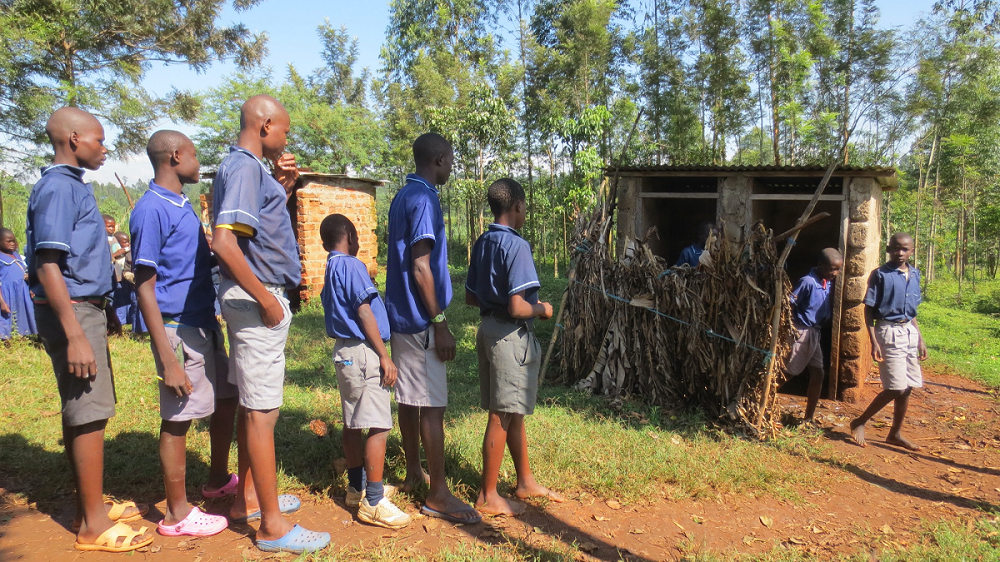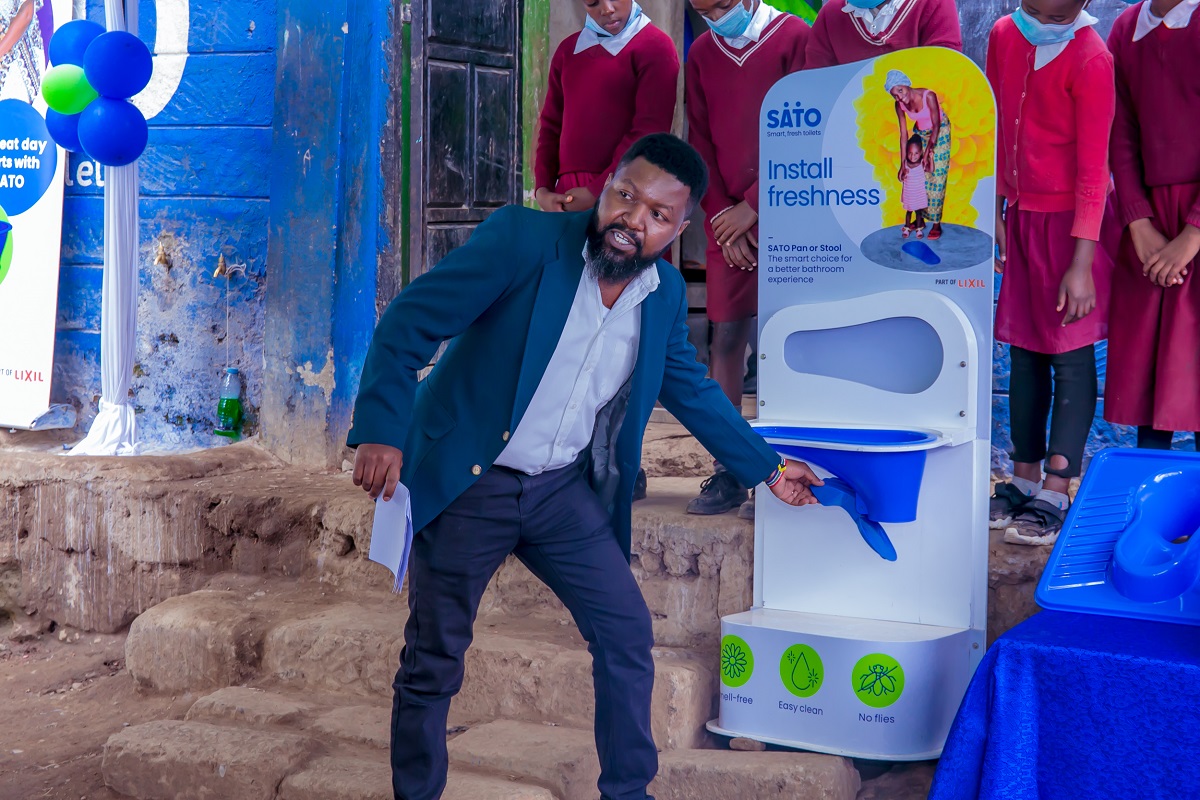Water, Sanitation and Hygiene (WASH) facilities play a critical role on the quality of education. Given that children spend most of the day in schools, therefore availability of clean and safe water, adequate and clean toilets/ pit latrines is important for children’s health and dignity, especially for girls.
WASH facilities also influence school attendance and minimise risks of children dropping out of school. The recommended learner-to-toilet ratio at pre-primary school level was one toilet for 25 girls, and one toilet for 30 boys and urinal facility.
Data on toilets reported in the Basic Education Statistical Booklet 2020 including pit latrines and aggregated the count of the number of doors or holes in a toilet block, show that private schools are better at poop management than their public counterparts – having more facilities for this purpose.
Sanitation provisions in Kenya are currently under the Ministry of Public Health and Sanitation. The World Health Organization recommends a pupil-toilet ratio of 1:30 for boys and 1:25 toilets for girls. However, Kenyan teachers are now rating it at 1:200 for girls and 1:230 for boys.
In 2020, the total number of toilets recorded in pre-primary schools was 104,573. Of this number, 47,165 toilets were for boys, while 57,408 were for girls. The overall learner-to-toilet ratio, in the same year, was 30 boys per toilet and 24 girls per toilet.
In public schools, the ratio was 40 boys per toilet, and 34 girls per toilet. On the other hand, private schools had a ratio of 16 boys per toilet, and 13 girls per toilet.
Read >> Open Defecation Still a Major problem In Kenya
For boys, the average learner-to-toilet ratio ranged from 16 to 187, based on available data. On the other hand, the toilet ratio for girls ranged from 12 to 176 learners per toilet. Turkana, Mandera, Wajir and Tana River have the highest learner-to-toilet ratios, being 187, 185, 136 and 100 for boys and 176, 143, 113 and 88 for girls respectively.
World Toilet Day, marked yearly on 19th November, is a memorable day to celebrate toilets for the innovation of taking waste to protect people’s dignity, health, and safety.

World Toilet Day highlights the importance of sanitation and hygiene in driving improvements in public health, gender equality, education, economic development, and environmental protection.
See >> Social Enterprise Upgrading Toilets In Kenyan Schools
The day also raises awareness that about 3.6 billion people who do not have access to a toilet globally. “We should all care more about toilets. If you have one, thank it. Life without a toilet is dirty, dangerous, and undignified. Public health depends on toilets,” says a United Nations Report.
“Toilets also drive improvements in gender equality, education, economics, and the environment. There will be no sustainable future without toilets. Governments must work four times faster and ensure toilets for all by 2030.”
Next >> Meet The Kisii Tycoon Behind Shabana FC













Leave a comment